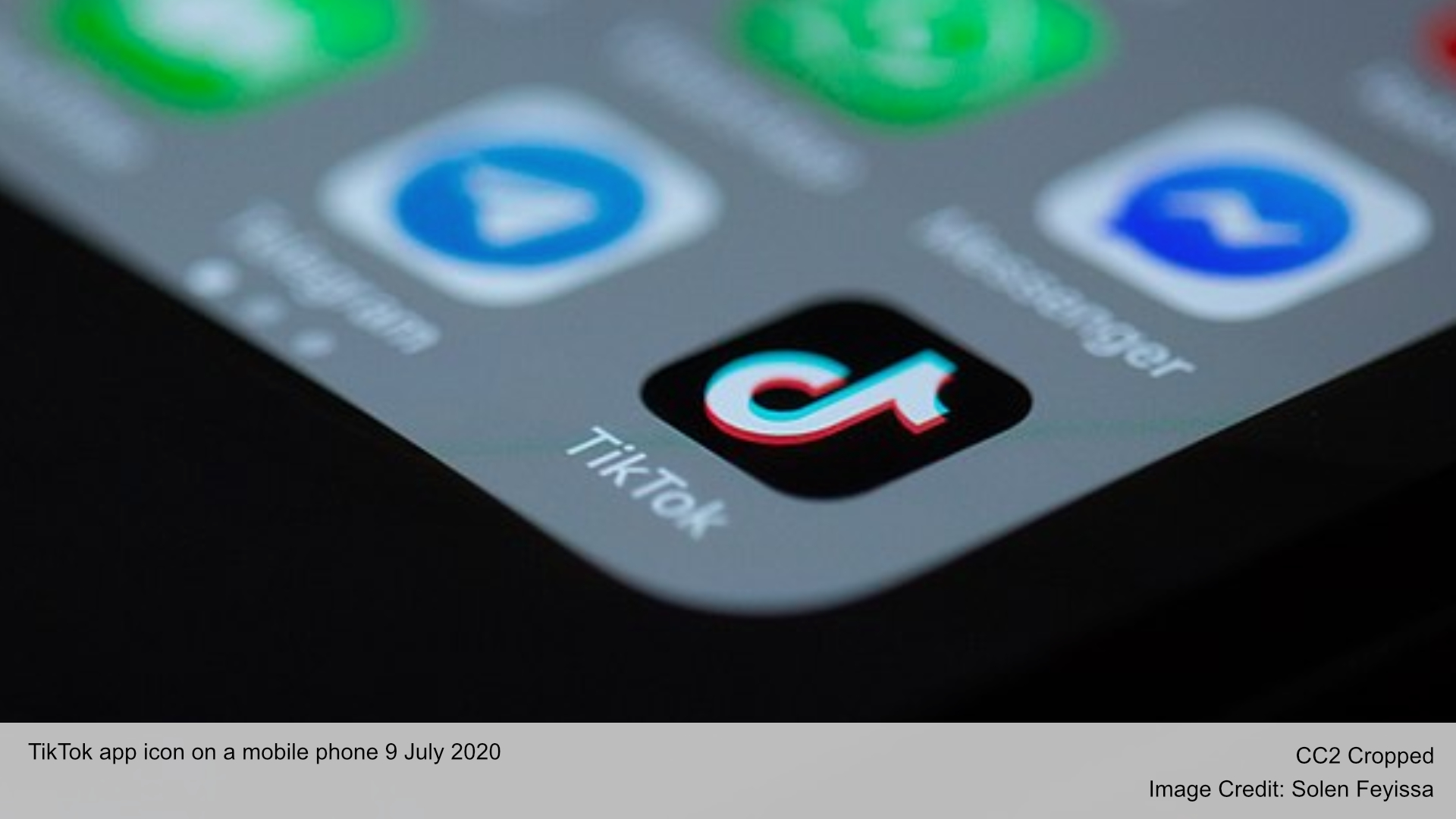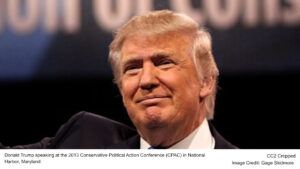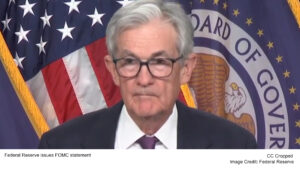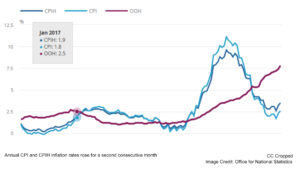TikTok, the widely popular social media platform, faces a possible ban in the United States following a federal appeals court ruling. The U.S. Court of Appeals for the District of Columbia Circuit upheld a law requiring TikTok to divest from its Chinese parent company, ByteDance, or be banned by mid-January. The court’s decision refutes TikTok’s claims that the law infringes on free speech rights under the First Amendment.
- The U.S. Court of Appeals upheld a law requiring TikTok to divest from its Chinese parent company, ByteDance, by mid-January or face a ban, citing national security concerns.
- TikTok plans to appeal the ruling to the Supreme Court, arguing the law infringes on Americans’ free speech rights under the First Amendment.
- Bipartisan fears of Chinese government exploitation of TikTok’s data practices have driven legislative action, with similar concerns raised in the European Union.
- TikTok has invested in U.S. data security measures but faces criticism from lawmakers and the Department of Justice, which deems its proposals inadequate.
The court panel, composed of judges from both political affiliations, ruled unanimously against TikTok’s legal arguments. The judges concluded that the law does not target content suppression but aims to protect national security. Concerns over TikTok’s potential role in data collection for the Chinese government have fueled the legislative push.
TikTok’s legal battle may soon reach the Supreme Court as the company signals its intent to appeal. In a statement, TikTok expressed hope that the Supreme Court would uphold Americans’ free speech rights. The company criticized the law as being based on inaccurate information, warning that a ban could silence millions of voices.
The law, backed by bipartisan support and signed by President Biden, stems from fears that TikTok poses a national security risk. U.S. officials worry that TikTok’s algorithm and data collection practices could be exploited by Chinese authorities. Similar concerns have been raised internationally, with the European Union investigating alleged election interference via TikTok.
Attorney General Merrick Garland described the court’s ruling as a significant step toward preventing foreign exploitation of TikTok. TikTok, however, has consistently denied any wrongdoing, asserting that no evidence of data sharing with the Chinese government exists.
The legal proceedings have highlighted complex issues surrounding foreign-owned platforms and national security. During hearings, judges examined the implications of TikTok’s foreign ownership on its constitutional rights. The court ultimately upheld the law, rejecting TikTok’s claims of unlawful property seizure and First Amendment violations.
Lawmakers who championed the legislation have welcomed the court’s decision. Republican Rep. John Moolenaar expressed hope for an American acquisition of TikTok, while Democratic Rep. Raja Krishnamoorthi urged ByteDance to comply with the law.
TikTok has invested in securing U.S. user data, proposing a draft agreement to the Biden administration. Despite these efforts, the Department of Justice deems the proposal insufficient. TikTok’s attorneys argue that divesting the platform is impractical, as its algorithm is essential to its operation.
Interest in acquiring TikTok’s U.S. business has emerged, with investors like former Treasury Secretary Steven Mnuchin exploring potential deals. McCourt’s Project Liberty initiative has reportedly secured over $20 billion in informal commitments.
As the case heads to the Supreme Court, the outcome could significantly impact TikTok’s future in the U.S. market. The court’s decision will likely shape the broader conversation around technology, data privacy, and national security.







Be First to Comment